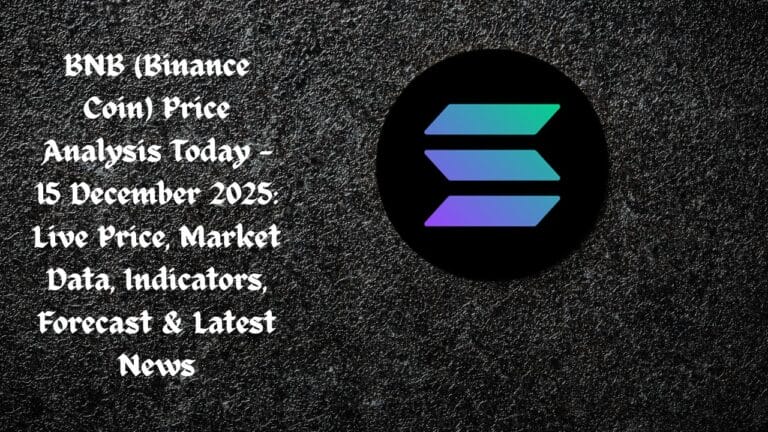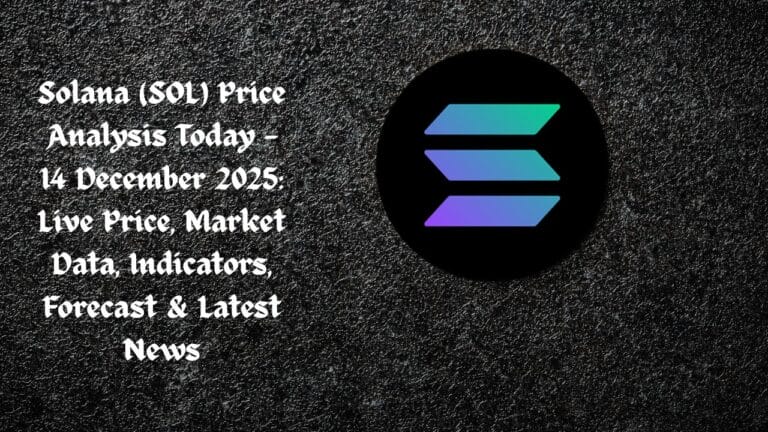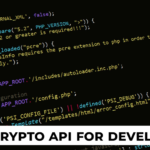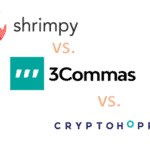Key Takeaways
- As per ICPAC, the amount of money in transactions does not matter when it comes to identifying potential threats
- ICPAC urged charitable organisations to scrutinize donations, especially those linked to conflict zones or jurisdictions under sanctions.
The Institute of Certified Public Accountants of Cyprus (ICPAC) has released a “terror financing alert” to address the increasing use of cryptocurrencies in funding terrorism. This issue has been a growing concern for the regulator. The alert emphasizes stricter monitoring of all transactions and enhanced Know Your Customer (KYC) measures.
“Terrorist financing is an increasing threat nowadays and may take place using both legitimate and illegitimate funds. The primary tool for mitigating the terrorist financing risk is transaction monitoring,” ICPAC stated. The amount of money in transactions does not matter when it comes to identifying potential threats, according to the alert.
ICPAC identified five main methods terrorists use to transfer funds: financial institutions, electronic money institutions (EMIs), payment institutions, crowdfunding platforms, and cryptocurrencies. Each of these methods poses a similar risk. For example, terrorists often use bank accounts registered under the guise of charities or unrelated parties to transfer funds. Accounts in non-EU banking institutions make tracking these funds particularly difficult.
The alert urges financial professionals to ask critical questions, including, “Is the account registered under the name of the charitable organization/NPO?” and “Are the contributions received from donors located in the same country as the NPO?” The geographical profile of transfers is also important, as funds sent to or received from areas close to known terrorist groups should raise red flags.
ICPAC highlighted that terrorists exploit the anonymity of cryptocurrencies for cross-border peer-to-peer transfers and receive cryptocurrencies through crowdfunding or charitable donations. The alert calls for the use of specialized blockchain investigation tools to monitor suspicious wallets and transactions.
“Given the nature of services provided and the role of professionals as gatekeepers, it is a requirement for obliged entities to take an active role in the prevention phase,” ICPAC emphasized. They stressed the importance of transaction monitoring and strict KYC procedures to prevent terrorist financing activities.
ICPAC’s directive focuses on the five primary methods of fund transfer, with cryptocurrencies being a significant concern. The pseudo-anonymous nature of digital assets presents a growing challenge in tracking illicit financial flows.
Charitable organizations and non-profit organizations (NPOs) are particularly susceptible to exploitation by terrorist entities. ICPAC urged these entities to scrutinize donations, especially those linked to conflict zones or jurisdictions under sanctions. Financial professionals are also advised to be vigilant about anonymous cross-border peer-to-peer transfers, crowdfunding, and online fundraising campaigns.
Members, associated firms, and compliance officers were reminded to report suspicious transactions, with ICPAC warning that failure to do so would be considered an offense. Flagged transactions will undergo scrutiny, including profiling individuals, screening crypto wallets and transactions, and implementing specialized blockchain tools.










